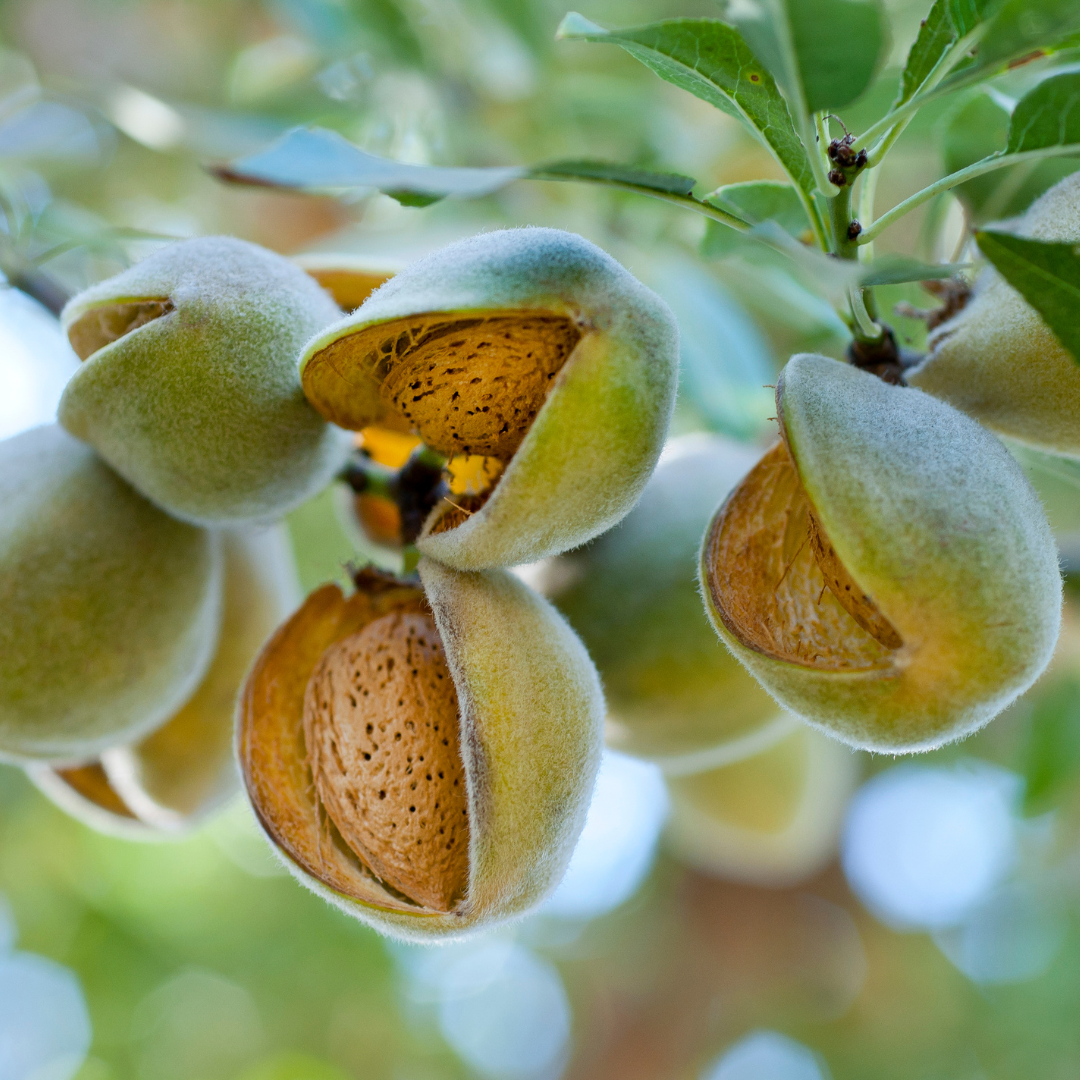
The Essential Guide for a radiant skin : Dry Skin versus Dehydrated Skin
In the world of skincare, the terms "dry skin" and "dehydrated skin" are often used interchangeably, but do not mean the same thing . They are two different conditions with distinct causes and treatments. Understanding the nuances between the two can help you better care for your skin and achieve a healthy, glowing complexion. Let's dive into it.
Dry Skin.
Dry skin is a skin type resulting from a lack of natural oils (sebum) produced by the sebaceous glands. The medical term for dry skin is xeroderma. Dry skin is very common; some people are more prone to dryness than others and the main symptoms include rough texture, flakiness, tightness, and sometimes itchiness.
What are the types of dry skin ?
Dry skin can be classified into several types, each with its own causes and characteristics. Here are the common types of dry skin:
- Eczema (Atopic Dermatitis): A chronic condition characterized by inflamed, red, and itchy skin. Eczema can cause severe dryness and is often related to an overactive immune response.
- Psoriasis: An autoimmune disorder that causes skin cells to multiply rapidly, leading to thick, scaly patches that can be dry and itchy.
- Ichthyosis: A group of genetic disorders resulting in dry, scaly skin that can range from mild to severe.
- Contact Dermatitis: Caused by exposure to irritants or allergens, this type of dry skin results in inflammation, redness, and dryness.
- Environmental Dry Skin: This type is caused by external factors such as harsh weather conditions, air conditioning, or prolonged exposure to water, which strip the skin of its natural oils.
Each type of dry skin requires specific care and treatment to manage and alleviate symptoms effectively.
What are the causes of dry skin:
- Genetics: Some people are naturally predisposed to have dry skin due to their genetic makeup.
- Environmental Factors: Harsh weather conditions, such as cold temperatures and low humidity, can exacerbate dryness.
- Aging: As we age, our skin's ability to retain moisture decreases, leading to drier skin.
- Overwashing: Excessive washing with harsh soaps or hot water can strip the skin of its natural oils, contributing to dryness.
Underlying Skin Conditions: Conditions like eczema or psoriasis can cause dry, irritated skin.
Treatment for Dry Skin:
- Use a gentle, hydrating cleanser to avoid stripping the skin of its natural oils.
- Moisturize regularly with rich, emollient creams or lotions to replenish lost moisture.
- Incorporate nourishing ingredients like hyaluronic acid, ceramides, and natural oils into your skincare routine.
- Avoid long, hot showers and opt for lukewarm water instead.
- Use a humidifier to add moisture to the air in dry indoor environments.
Dehydrated Skin
Dehydrated skin is a condition that occurs when the skin lacks water, regardless of its oil content. Oily skin can also experience dehydration. Symptoms of dehydrated skin include dullness, fine lines, increased sensitivity, and a lack of elasticity.
Causes of Dehydrated Skin:
- Environmental Factors: Exposure to dry air, sun exposure, air conditioning, and heating can sap moisture from the skin.
- Diet and Hydration: Inadequate water intake and a diet high in processed foods and caffeine can contribute to dehydration.
- Lifestyle Factors: Stress, lack of sleep, and excessive alcohol consumption can impair the skin's ability to retain moisture.
- Overuse of Harsh Skincare Products: Using products that contain alcohol, fragrances, or other irritating ingredients can disrupt the skin's barrier function, leading to dehydration.
- Medical Conditions: Certain medical conditions, such as diabetes or thyroid disorders, can affect skin hydration levels.
The best way to treat dehydrated skin.
- Drink plenty of water throughout the day to hydrate the skin from within. Including juicing and watery fruits and vegetables for their high water content. (watermelon, cucumber, apples…)
- Use hydrating skincare products containing humectants like hyaluronic acid, glycerin, and aloe vera to attract and retain moisture.
- Incorporate products with occlusive ingredients like shea butter or jojoba or babassu oil to seal in moisture.
- Limit exposure to environmental stressors and protect the skin with a broad-spectrum sunscreen.
- Practice self-care techniques like stress management and adequate sleep to support overall wellness.
Conclusion:
While dry skin and dehydrated skin share some similarities in terms of symptoms, their underlying causes and treatments differ. By understanding the distinctions between the two, you can tailor your skincare routine to address your specific skin concerns and achieve a healthy and more radiant complexion. Remember to consult with a skincare professional if you're unsure about the best approach for your skin type.



Leave a comment
This site is protected by hCaptcha and the hCaptcha Privacy Policy and Terms of Service apply.